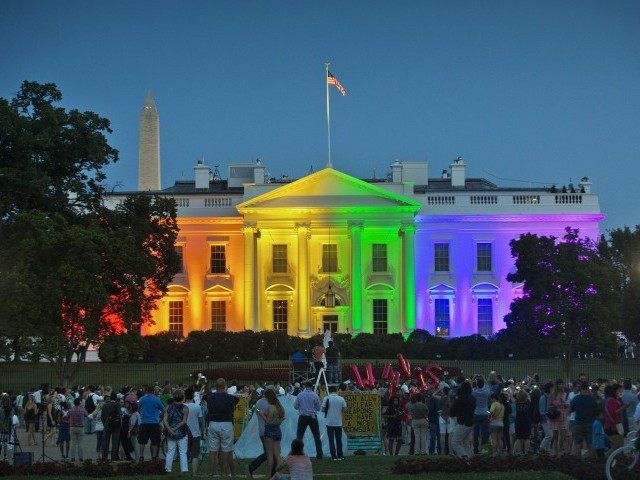In his scintillating and sometimes raucous dissent from last month’s horrendous same-sex marriage decision in Obergefell vs. Hodges, Justice Antonin Scalia warned a pre-Fourth of July nation that what the Court’s majority had done to them was worse than anything the British perpetrated prior to the Revolutionary War.
In his brief history lesson, Scalia underscored the gravity of the Court’s action by comparing it to England’s treatment of the American colonies that ignited the movement for American independence. The justice said that in its hubris, the majority decision had carried out a more serious offense than the one that sparked the Boston Tea Party and later the American Revolution itself.
Indeed, wrote Scalia, “to allow the policy question of same-sex marriage to be considered and resolved by a select, patrician, highly unrepresentative panel of nine is to violate a principle even more fundamental than no taxation without representation: no social transformation without representation.”
The citizens living in the 13 original American colonies, in fact, had no direct representatives in the British parliament, and therefore could not vote on how they would be taxed or who would represent them. When the British began abusing this already precarious situation, the colonists rebelled. In 1773, the Sons of Liberty boarded ships of the East India Tea Company and proceeded to dump the entire shipment of tea into Boston Harbor, an event that escalated into the war of independence.
When the Supreme Court ceases acting like a judicial body and instead usurps the power to enact legislation, as it did in its infamous June 26 ruling, it radically oversteps its mandate and is worthy of nothing but scorn.
“The strikingly unrepresentative character of the body voting on today’s social upheaval would be irrelevant if they were functioning as judges,” Scalia continued. “But of course the Justices in today’s majority are not voting on that basis.”
“Today’s decree says that my Ruler, and the Ruler of 320 million Americans coast-to-coast, is a majority of the nine lawyers on the Supreme Court,” he said.
The problem with independence and self-rule is that they are always fragile, and if not defended, can just as easily be lost. Something to ponder on the Fourth of July.
Follow Thomas D. Williams on Twitter @tdwilliamsrome

COMMENTS
Please let us know if you're having issues with commenting.